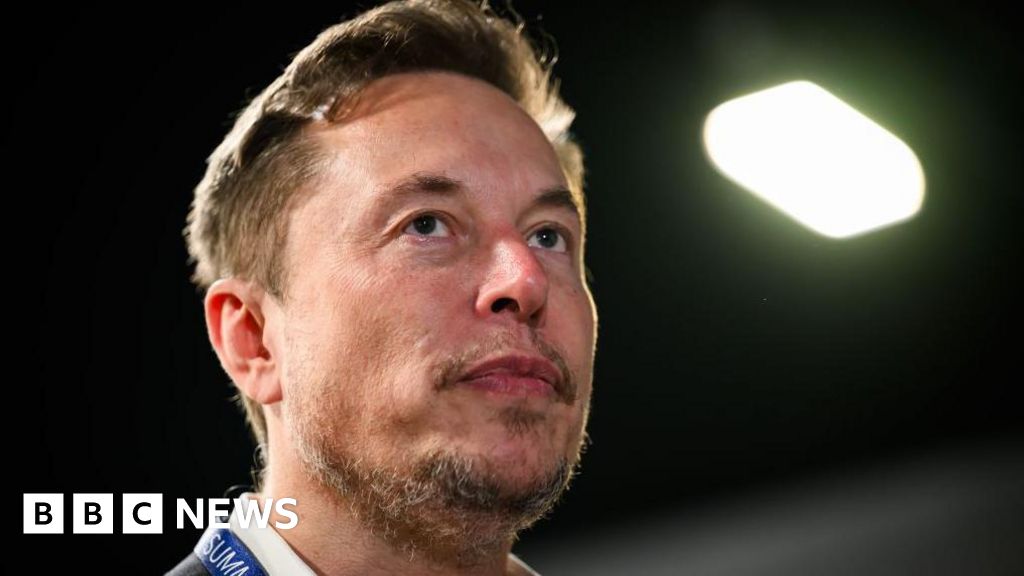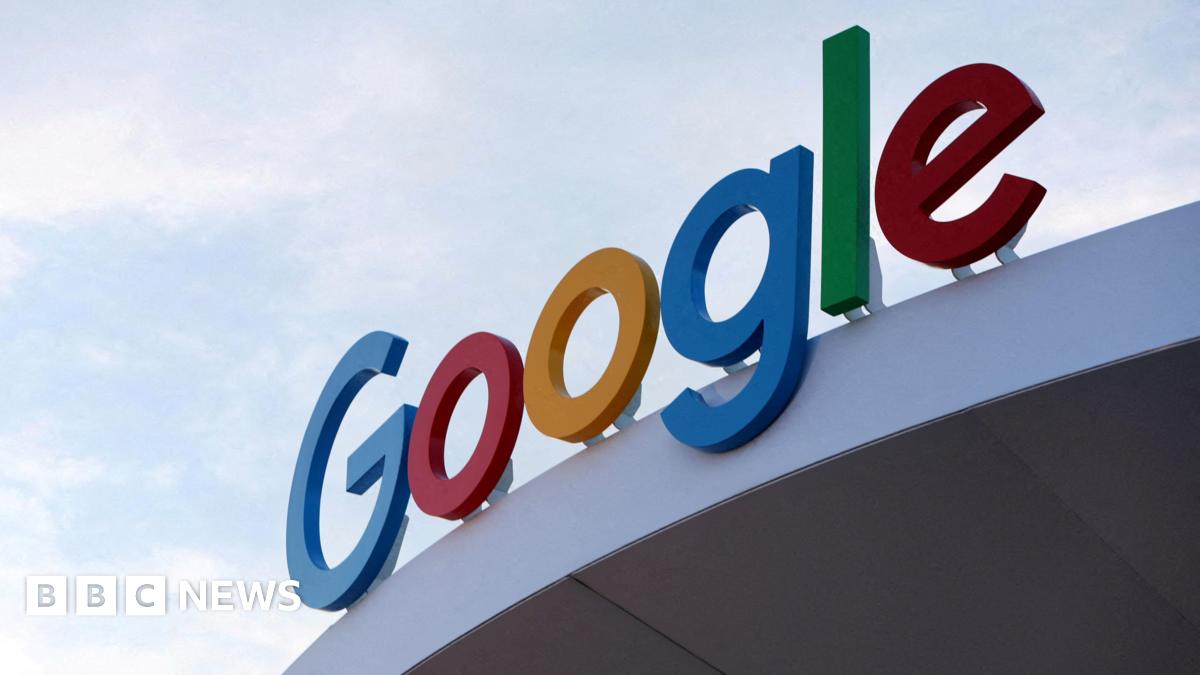Advertising revenue at X slumped by more than half in the year after Mr Musk bought the firm as advertisers avoided the platform.
In its lawsuit, X alleges that the accused firms unfairly withheld spending by following safety standards set out by a WFA initiative called Global Alliance for Responsible Media (Garm).
Garm’s stated aim is to “help the industry address the challenge of illegal or harmful content on digital media platforms and its monetisation via advertising”.
By doing this, X claims the companies acted against their own economic self-interests in a conspiracy against the platform that breached US antitrust, or competition, law.
Bill Baer, who was assistant attorney general for the Department of Justice’s antitrust division under Barack Obama, said the lawsuit was unlikely to succeed.
“As a general rule, a politically motivated boycott is not an antitrust violation. It is protected speech under our First Amendment,” he said.
Professor Rebecca Haw Allensworth, of Vanderbilt University, said the boycott “was really trying to make a statement about X’s policies and about their brands”.
“That’s protected by the First Amendment,” she said.
Even if the case succeeds, the social media site cannot force companies to buy advertising space on the platform.
X is seeking unspecified damages and a court order against any continued efforts to conspire to withhold advertising spending.
It said in its lawsuit that it has applied brand-safety standards that are comparable to those of its competitors and “meet or exceed” those specified by Garm.
It also said X has become a “less effective competitor” in the sale of digital advertising.
The video-sharing company Rumble, which is favoured by right-wing influencers, made similar claims in a separate lawsuit against the World Federation of Advertisers on Tuesday.
Credit: Source link











